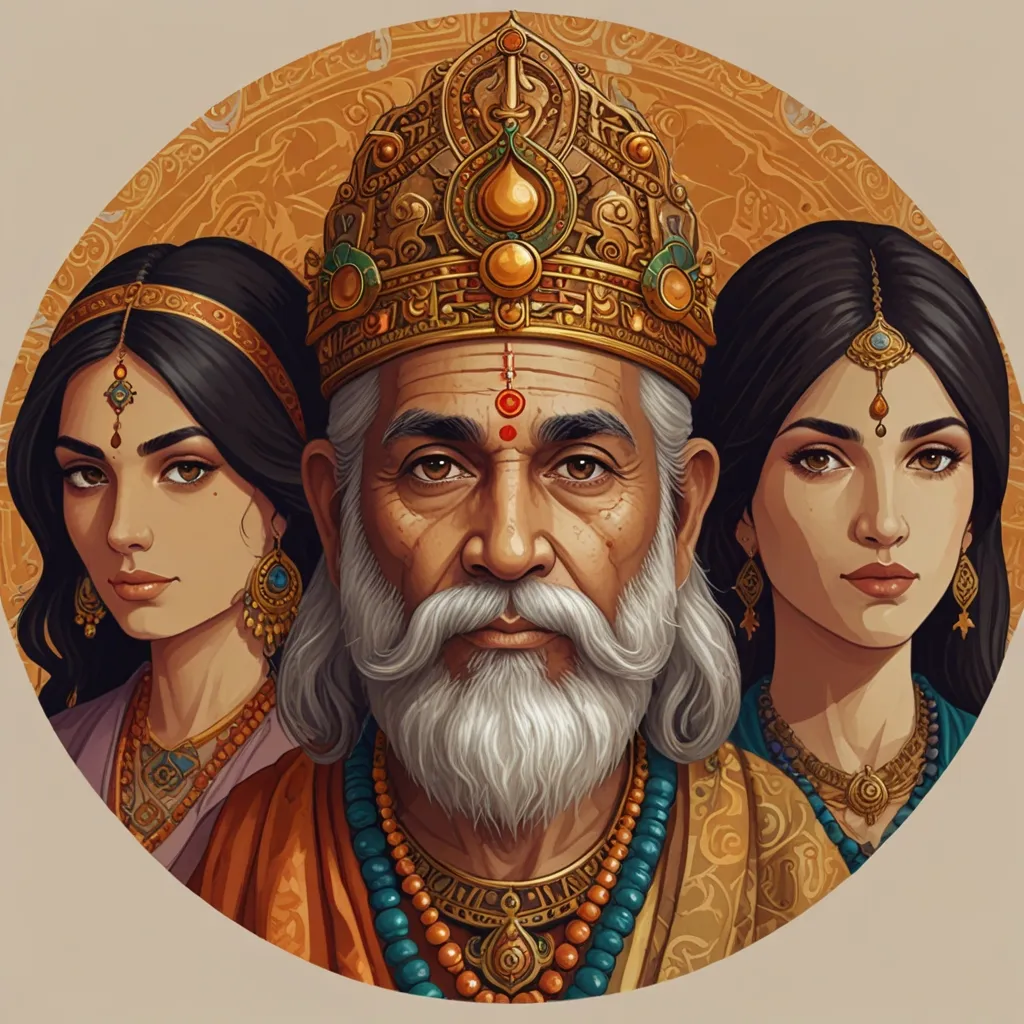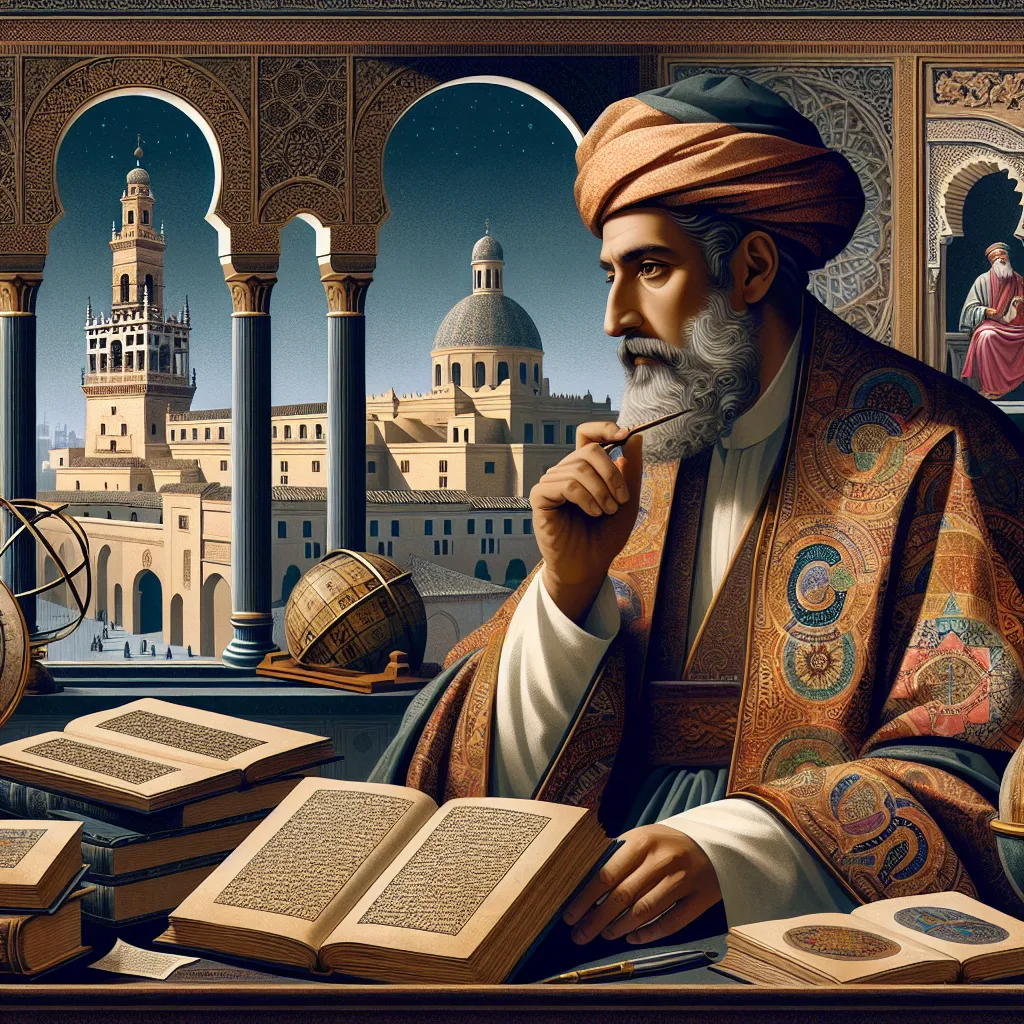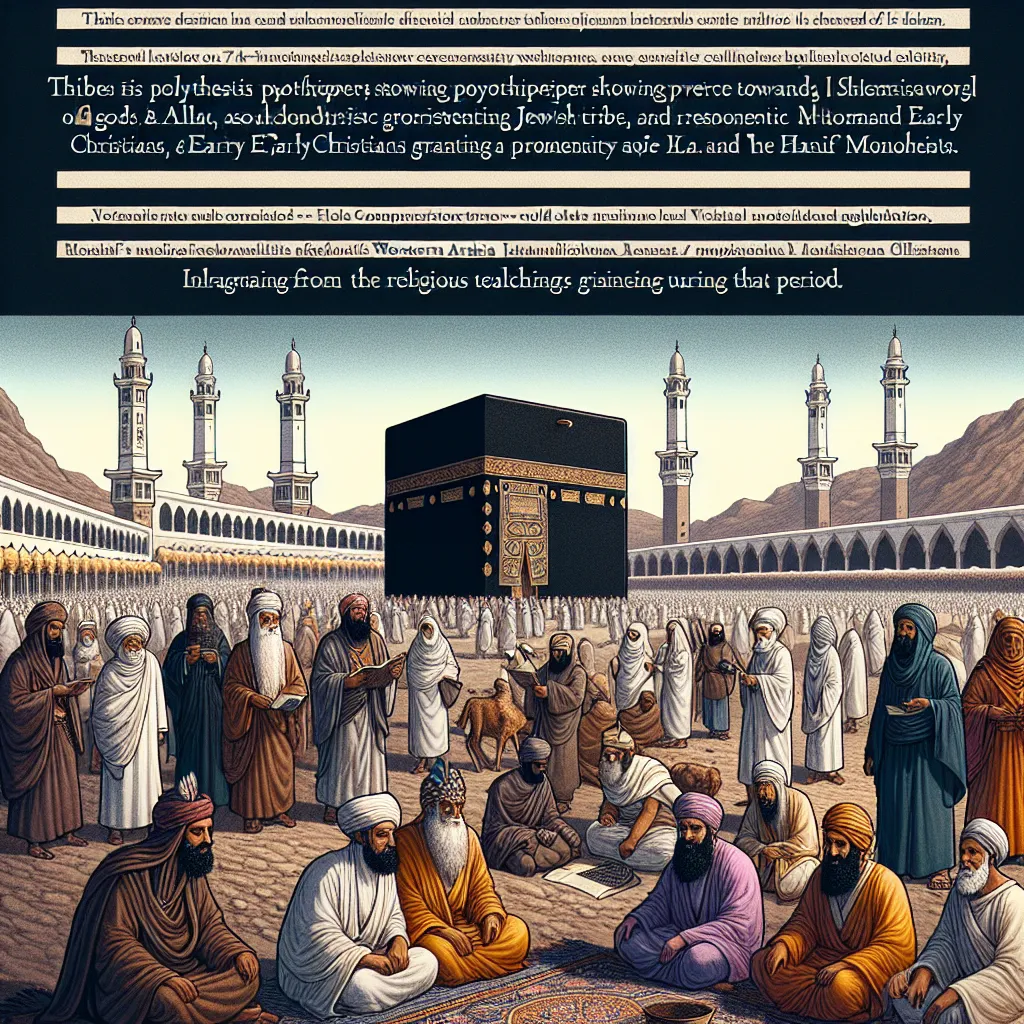Growing up reading the traditional gospels about Jesus, it can be shocking to encounter the non-canonical texts. These often present stories and teachings vastly different from what Orthodox Christianity accepts. One of the most intriguing is the Gospel of Judas.
This ancient Christian text, unearthed in the 1970s in Egypt, changed our understanding of Judas Iscariot. Kept in less-than-ideal conditions, which led to its degradation, it was finally studied and published in 2006. The Gospel of Judas offers a radically different view of Judas, depicting him as the disciple with the deepest understanding of Jesus, rather than the ultimate betrayer.
The text, probably mentioned by early Christians like Irenaeus, portrays the canonical disciples as misguided, praying to a false God. Meanwhile, Judas is painted as the only one who truly grasps Jesus’s divine mission. This gospel sees Judas not as a traitor motivated by greed, but as a crucial figure in the salvific plan, entrusted by Jesus himself with the task of initiating the crucifixion.
Gnostic cosmology plays a significant role here, with detailed discussions of complex spiritual hierarchies. The world, according to Gnostics, is a prison created by a false deity. Jesus, in this context, is a savior sent from the true God to impart secret knowledge (gnosis) to free humanity.
The Gospel of Judas concludes with Judas fulfilling Jesus’s request to betray him, thus setting into motion the events leading to the crucifixion. Judas’s act, traditionally seen as treacherous, is recast as an ultimate expression of loyalty, even though it consigns him to infamy.
This text has fascinated scholars and the public alike, offering a new perspective on the early Christian narratives and the diverse interpretations of Jesus’s life and mission.
Studying these varied interpretations and stories about Jesus is one of the most intriguing subjects, endlessly revealing the depths of early Christian thought and belief.






